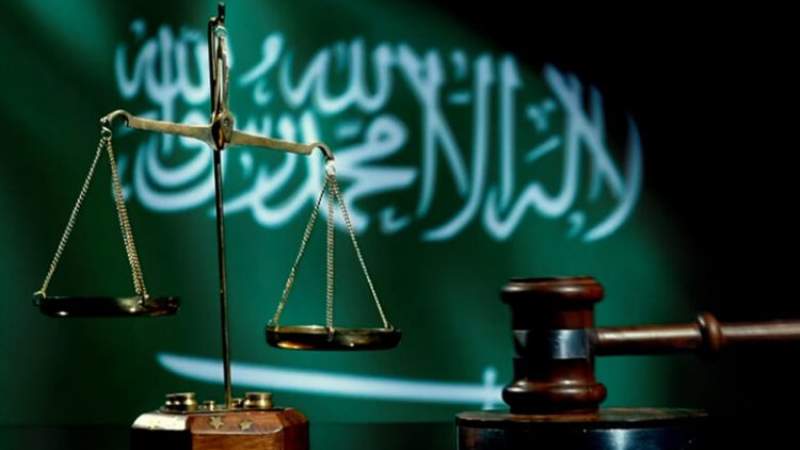Saudi Arabia Violates International Resolutions By Executing Minors

News - Middle East -Saudi Arabia: A young Saudi teenager who was 14 at the time of his alleged crime and whose previous death penalty conviction was overturned by the Saudi Supreme Court was sentenced to death again on March 2, 2022 by a lower criminal court, Human Rights Watch reported today.
The ruling flouts the international ban on the child death penalty and Saudi authorities’ own promises that no child offenders will be executed. Saudi authorities arrested Abdullah al-Huwaiti, now 20, when he was only 14 on charges of murder and armed robbery. A criminal court sentenced him to death three years later following a grossly unfair trial that Human Rights Watch documented in detail.
Al-Huwaiti was sentenced alongside five others who received 15-year sentences even though all six defendants told the judge that interrogators coerced their confessions through torture or the threat of it.
The court ignored the authorities’ own evidence that al-Huwaiti had an alibi, basing its verdict almost entirely on his and other defendants’ confessions.
“In a fair justice system, Abdullah al-Huwaiti would most likely have never faced a night in jail, much less execution,” said Michael Page, deputy Middle East director at Human Rights Watch. “Despite Saudi leaders’ brazen attempts to launder the country’s bloody image and to portray themselves as a modernizing force, this young man is spending a sixth year in prison, separated from family and friends and facing the death penalty yet again.”
Saudi Arabia’s Supreme Court overturned al-Huwaiti’s first death sentence on the basis of a false confession and insufficient evidence, his mother said. Under Saudi law, an overturned conviction means the case goes back for retrial. A criminal court in the northern province of Tabuk again sentenced al-Huwaiti to death on March 2, this time under the Islamic law principle of of ta’zir, which gives judges wide discretion to determine punishments in individual cases.
Human Rights Watch has repeatedly criticized rampant abuses in Saudi Arabia’s criminal justice system. People accused of crimes, including children, commonly face systematic violations of due process and fair trial rights, including arbitrary arrest.
Human Rights Watch has documented egregious due process violations in the court and criminal justice system against defendants in criminal cases. These include long periods of detention without charge or trial, a lack of legal assistance, pressure to sign confessions and accept predetermined prison sentences to avoid prolonged arbitrary detention, and ineffective or pernicious translation services for defendants.
Human Rights Watch has also repeatedly criticized Saudi courts’ reliance on torture-tainted confessions as the sole basis of conviction in certain cases.
As part of a slew of legal reforms announced on February 8, 2021, the country’s first written penal code for discretionary crimes – crimes under Islamic law that have not been defined in writing and that do not carry predetermined punishments – is being prepared, though apparently without any consultation with civil society.
Source: Human Rights Watch
#HRW #Saudi Arabia #Executing Minors About 2 years-
12:29
Head of the Social Affairs Department of the General Mobilization, Ali al-Mutamayyaz: Our people's honorable actions reflect the fruits of the Quranic project of the Martyred Leader
12:28
Al-Rahwi: We are fully prepared to defend our country
12:28
Al-Rahwi: We've proven our military capabilities, and we stand ready to respond to any escalation in Gaza and Palestine
12:28
Al-Rahwi: With Allah's help, we can achieve what others see as impossible
12:26
Prime Minister Ahmed Ghaleb al-Rahwi: We commemorate the Martyred Leader who sacrificed for the return to the true path of Islam





